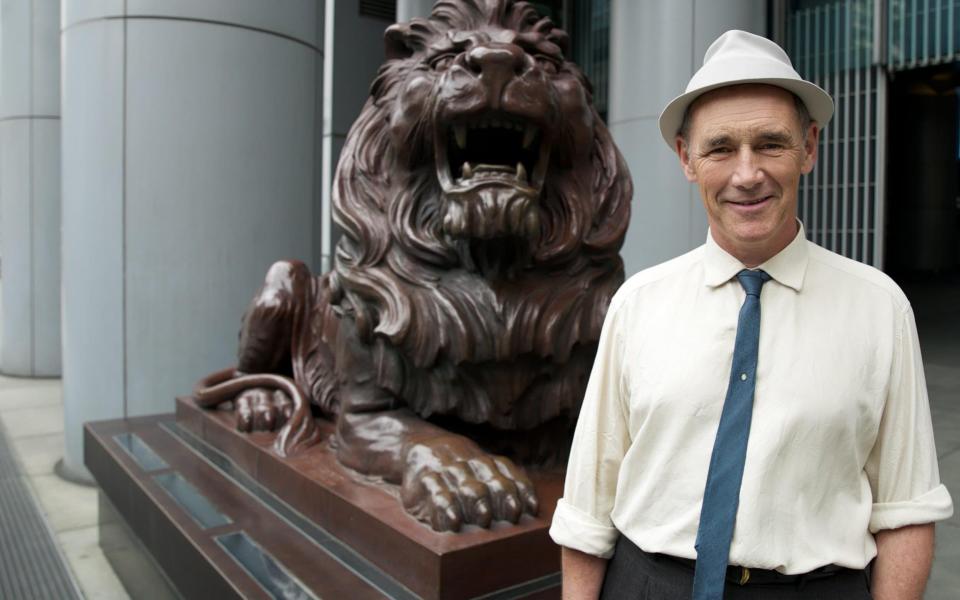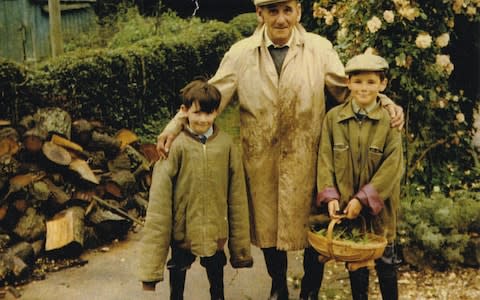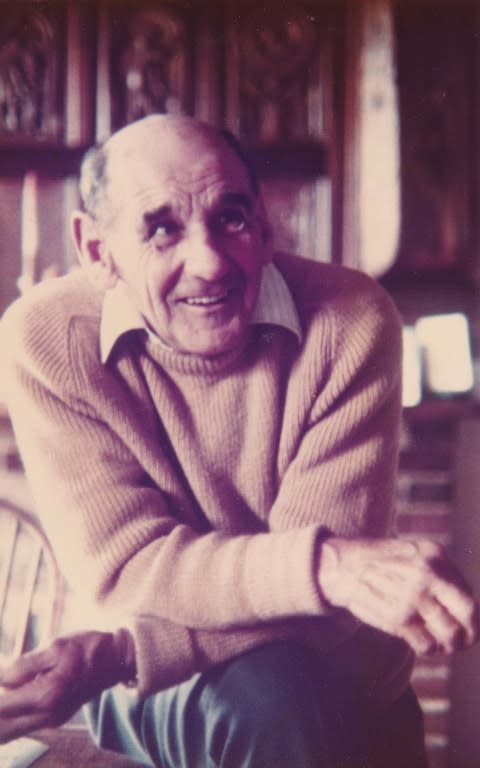Mark Rylance: why did we demand that Japan apologise for Second World War cruelty?

Sir Mark Rylance has suggested that the Japanese should not be viewed as the “cruel” side in the Second World War because the Allies committed their own atrocities.
The Oscar-winning star of Wolf Hall and Dunkirk has delved into history for a television documentary about his grandfather, Osmond Skinner, who was a prisoner-of-war after being captured in Hong Kong.
Skinner survived the Christmas Day massacre at St Stephen’s College in 1941, when Japanese soldiers stormed a temporary hospital, shooting or bayoneting doctors, nurses, and the wounded who lay helpless in their beds.
He spent the rest of the war as a prisoner before returning to his career as a banker, bearing scars from a bullet wound. He died in 1980, having never forgiven the Japanese. But Rylance, a supporter of the Stop the War coalition, believes there is no “right and wrong behaviour in war”.
For the Channel 4 programme, My Grandparents’ War, he sought out a Japanese historian. “She told me they’d had 300,000 people killed by firebombs and their cities burnt. And two atomic bombs dropped, which would kill 200,000 and poison people for much longer.
“Then when we also demanded that they apologise for their cruel behaviour, no wonder they just thought, ‘What?’”

Speaking to Radio Times, Rylance said researching the programme had convinced him of “a rather shocking thing. I don’t really believe in talk of Geneva Conventions and right and wrong behaviour in war, that there are war criminals and not war criminals any more.
“In the few fights I’ve been involved in - not with heavy weapons or artillery, just fisticuffs and anger and self-righteousness and defensiveness - everyone has been brutalised.
“You can’t say to someone, ‘Oh, you didn’t fight fairly.’ I think that’s all a con to get young people to sign up, as if it will be a civilised thing they’re going to. I don’t believe it at all.”
Rylance said he felt that both the Japanese and British soldiers in the Second World War were “fooled by ideas of empire”.
His grandfather, whom he knew as ‘Os’, rarely spoke of his wartime experiences, except when a teenage Rylance began enthusing about Japanese films and culture. “He told me he felt he was failing as a Christian but he just couldn’t forgive the Japanese because of the atrocity he’d witnessed.”

Skinner was working as an HSBC employee on the island when he was conscripted and charged with defending the Stanley Fort artillery complex as part of the Hong Kong Volunteer Defence Corps. On Christmas Day 1941, He was dug in behind the tennis courts with a small band of men as Japanese troops began streaming towards them.
Winston Churchill had written to Hong Kong’s governor: “There must be no thought of surrender. We expect you to resist to the end. The honour of the Empire is in your hands.”
Rylance said: “I was horrified to read that message from Churchill to my grandfather and the 65 men, essentially civilians. They were on that lonely hill on Christmas morning with rifles they’d probably never fired, facing a ferocious army coming down the mountain and being told that it was their job never to give in and to stand firm. I found it very upsetting.”
The Oscar-winner said that he did not think his grandfather would agree on every point, but “I think he and I would share a faith that there is goodness in people. Os was a very just man, but he had been through something terrible.”
My Grandparents’ War also features actresses Helena Bonham Carter, Kristin Scott Thomas and Carey Mulligan, and begins on November 27.

 Yahoo News
Yahoo News 